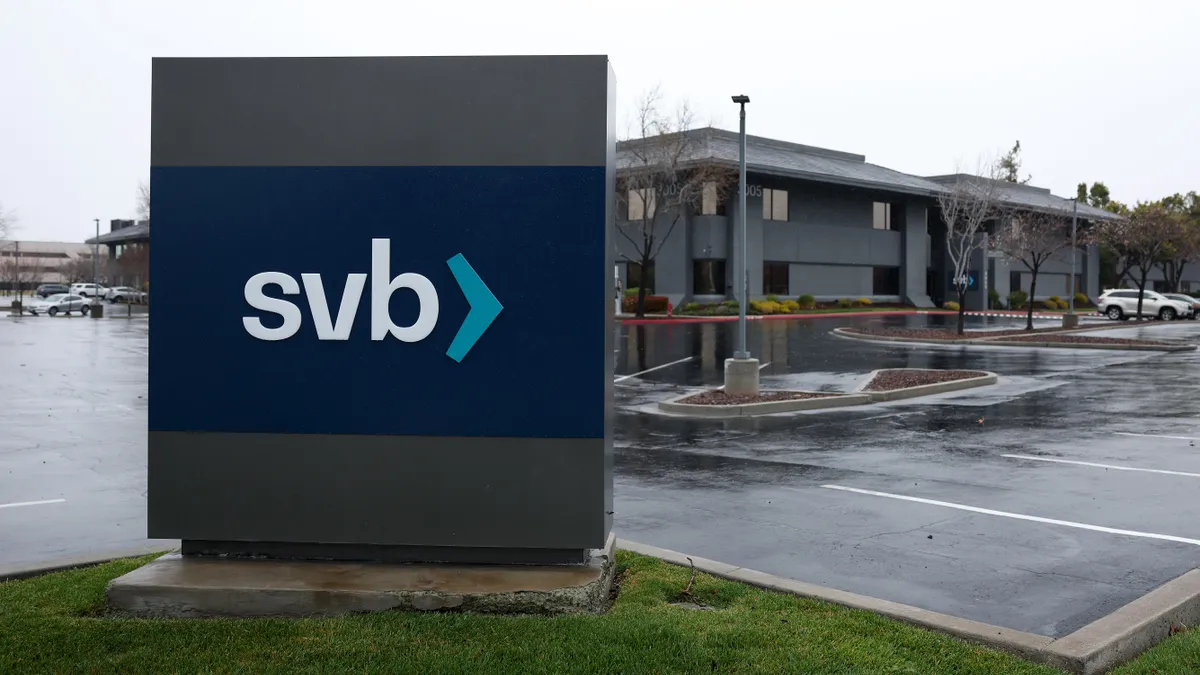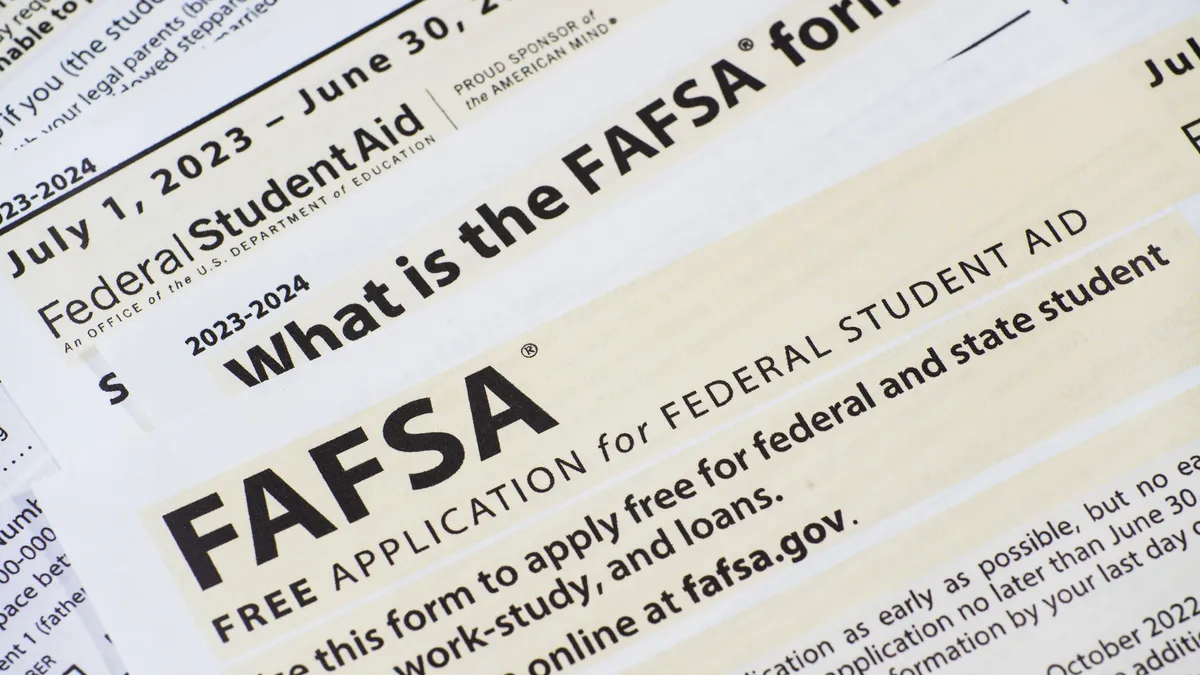Mike Pierce is executive director of the Student Borrower Protection Center. Prior to founding SBPC in 2018, he spent seven years at the Consumer Financial Protection Bureau, where he was a senior regulator for the student financial services industry.
The abrupt collapse of Silicon Valley Bank and Signature Bank should put colleges, federal education officials and lawmakers on high alert. The economic chaos currently consuming Silicon Valley and the banking system exposes systemic risks to higher education.

These risks exist because colleges, especially the largest public colleges, have grown dependent on shadowy, private-sector ed tech firms to deliver instruction and financial aid to students across the country. The ed tech industry exploded over the past three years, growing to allow colleges to meet the pandemic-era demand for online instruction.
Where online higher education was once the province of large school chains like the for-profit University of Phoenix and nonprofit Southern New Hampshire University, COVID-19 forced public colleges to move online in real time. The rapid growth of companies like 2U and Anthology made this transformation possible — firms now earning billions to perform an unprecedented range of functions for colleges from all sectors.
This month, three seemingly unrelated events offer a clear sign that, left unchecked, the rapid growth of ed tech poses unprecedented risks for colleges and students:
- The collapse of SVB and Signature Bank show the tech industry, including ed tech, is unprepared for an economic downturn. Right now we have more questions than answers, but it is clear that some of the biggest players in the ed tech industry will struggle financially amid the broader downturn in Silicon Valley. It is still unclear which firms had deposits at SVB and Signature and whether the financial situation of the biggest firms will rapidly deteriorate in the days ahead. We do know that ed tech industry leaders like Blackbaud have obtained financing from SVB in the past, but the extent of these firms’ traditional banking relationships with battered regional banks remains a mystery. We also know that investor appetite for ed tech stocks seems to be waning — a byproduct of related macroeconomic conditions far beyond colleges’ control.
- Congress is racing ahead toward a government windfall for ed tech. Earlier this month, Republican and Democratic leaders on the House Education and Workforce Committee touted a looming bipartisan deal to expand student access to Pell Grants, the primary financial aid grant program for higher education, to extend their reach into the murky world of short-term online programs. These short-term programs — which are often of poor quality and produce bad outcomes — are built and run by many of the same shadowy ed tech firms that support delivery of online education for colleges across the country. This potential deal would be a certain boon for ed tech firms that may struggle to stay afloat in the year ahead. It would also be the single biggest consumer protection risk in the education sector for low-income and other economically vulnerable people — in this case, students who are systematically recruited and targeted by the scandal-plagued online degree programs run by some of these same companies.
- The Biden administration backed off its renewed commitment to demanding transparency from schools reliant on ed tech. Following forceful and immediate pushback from colleges, the ed tech industry and higher education lobbyists, the Biden administration quickly postponed new guidance on “third party servicers”— the term for vendors that perform key financial, administrative and technological functions for colleges. Instead of immediately putting into place new oversight, federal education officials put off implementation until September. This delay makes clear to industry that there is no cop on the beat monitoring their finances, assessing their compliance with the Higher Education Act, or evaluating the systemic risk the largest ed tech companies pose to our higher education system.
Taken together, these three developments show that colleges, Congress and the Biden administration are willing to allow public dollars to prop up an unstable ed tech sector, risking a catastrophic result for the most economically vulnerable students.
President Biden has a brief window to step back from the brink and rein in this industry before it is too late. The U.S. Department of Education must demand that all colleges participating in the federal student aid program immediately identify vendors with exposure to Silicon Valley Bank and other regional banks facing bank runs, and stress test the financial condition of companies performing key functions for the delivery of online education and financial aid.
Lawmakers should heed these warning signs as well. This is the worst possible time to open the Pell Grant spigot for online higher ed. As the banking system continues to fight off the contagion that started with SVB, students deserve better than more toothless regulators and industry bailouts.












